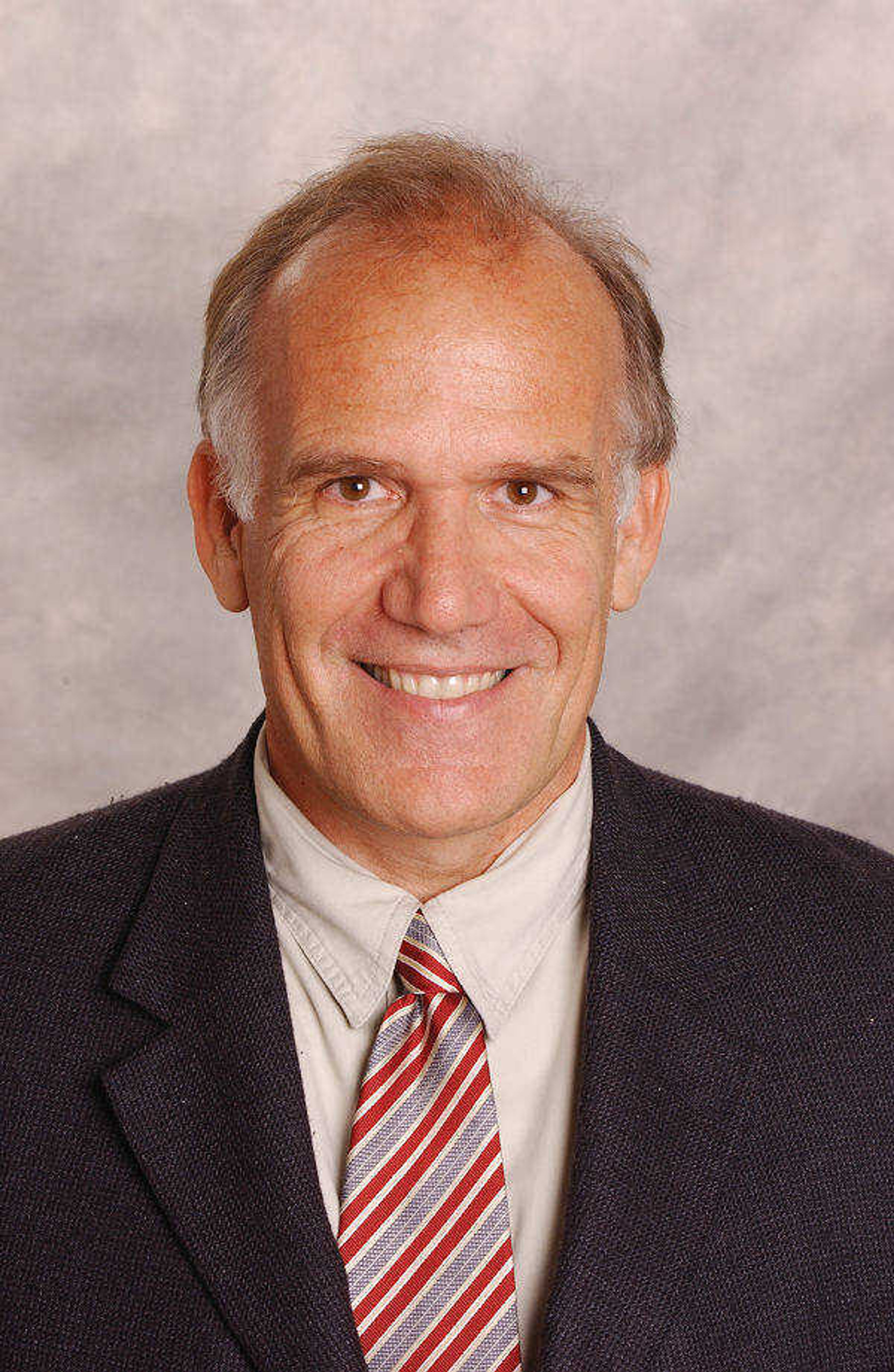Quiet consensus: II
This is the second of two columns. The first part appeared Wednesday. The old debate whether Saddam Hussein was involved with al-Qaida is now calcified. Liberal conventional wisdom denies any such linkage since there is no firm evidence that Saddam knew of, or was involved in, the Sept. ...
This is the second of two columns. The first part appeared Wednesday.
The old debate whether Saddam Hussein was involved with al-Qaida is now calcified. Liberal conventional wisdom denies any such linkage since there is no firm evidence that Saddam knew of, or was involved in, the Sept. 11 attacks. Thus most on the left ignore entirely that Ansar al-Islam was doing Saddam's dirty work in fighting the Kurds, that Abu Nidal and Abu Abbas resided in Baghdad, that Saddam openly harbored Abdul Rahman Yasin and Ahmed Hikmat Shakir, who were connected to the effort in 1993 to blow up the World Trade Center and various anti-American plots, and that Abu Musab al-Zarqawi fled Afghanistan to the sanctuary of Iraq.
No matter.
That was then, this is now -- and there is no denying that al-Zarqawi is conducting al-Qaidist operations in Iraq, or that the sort of people who attacked us on Sept. 11 are the sort of people now flocking to the Sunni Triangle and often dying at the hands of U.S. military forces. Everyone can agree on that.
The "flypaper" exegesis -- that Iraq has become a magnetized burial ground pulling in wannabe al Qaidists -- is widely dismissed as unsophisticated and yokelish. But we saw the same phenomenon on the Afghan border in late 2001 where the Pakistani madrassas thinned out as jihadists went over the mountains to the Taliban's aid -- only to be bombed to smithereens, the survivors limping back to warn others to give up such a holy trek.
In one of the strangest developments of this entire war, the Western world hears almost nothing about the aggregate number of jihadists killed by coalition forces in Iraq, even though we suspect it may have been several thousand -- 10,000, 20,000, 50,000? Surely this has had both a concrete and a spiritual effect on hundreds of thousands of angry young Islamists, who are beginning to realize that a trip to Iraq may be lethal -- and unwelcomed by most Iraqis who just wish to be left alone to form their own new government. Whatever one thought about the nexus of Iraq and terror before, no one now denies that our jihadist enemies are in Iraq and are being fought and defeated there each day.
Ideology
For nearly four years, debates raged in the West over the Patriot Act, supposed Islamophobia, and the sense that the war was never a war at all, but a cooked-up overreaction by Bush-Cheney-Halliburton-Fox News (take your pick) to further a corporate imperial agenda.
But after bombings and assassinations in the United Kingdom, Spain, and the Netherlands, the almost weekly arrests of Middle Eastern suspects from New Jersey to Lodi, Cali., few now deny that we are in a war with real jihadists, who are energized by an Islamo-fascistic creed that flares up from Bali to Pakistan.
Saddam is ancient history. The real war in Iraq is against al-Qaidists who behead, murder and seek to turn any village they get their hands on into an 8th-century nightmare. Democrats may groan about the Patriot Act. ACLU liberals will occasionally cry bigotry against Muslims. But there is no longer any real debate that one of the tools of the jihadists is to repeat a Sept. 11 on a larger scale through the stealthy terrorism of infiltrators from the Middle East. Better then to draw them out and hit them abroad than just play defense at home.
Optimism?
It is easy to be pessimistic about Iraq, given the media's constant barrage of bad news. But why then are there not millions in the street as in the fashion of Vietnam-era moratoria?
Why doesn't the Senate move to cut off funds?
Why don't the Democrats bring forth another George McGovern?
Moveon.org, Cindy Sheehan or Michael Moore in the short-term may be useful stilettos to the Democrats.
But most keep their safe distance from such blood-stained rapiers, since few know how Iraq will turn out -- or what such razor-sharp groups and firebrands will say or do next.
If Iraq is a more lethal theater than Afghanistan, and appears the more unstable, then we should remember that Saddam Hussein was sui generis, and his warped country the linchpin of the Arab Middle East.
Who knows what Iraq will look like in, say, 15 months, given that its liberation had about that much lag time after the fall of the Taliban?
Yes, America is divided about left/right politics and over occasional anti-war street theater.
But on the major issue of the war on terror and Iraq, most critics have very few ideas of doing anything other than what we are doing right now. The result is a strange consensus that few speak about -- but fewer still wish to undo.
Victor Davis Hanson is a senior fellow at the Hoover Institution and a columnist for National Review Online.
Connect with the Southeast Missourian Newsroom:
For corrections to this story or other insights for the editor, click here. To submit a letter to the editor, click here. To learn about the Southeast Missourian’s AI Policy, click here.










